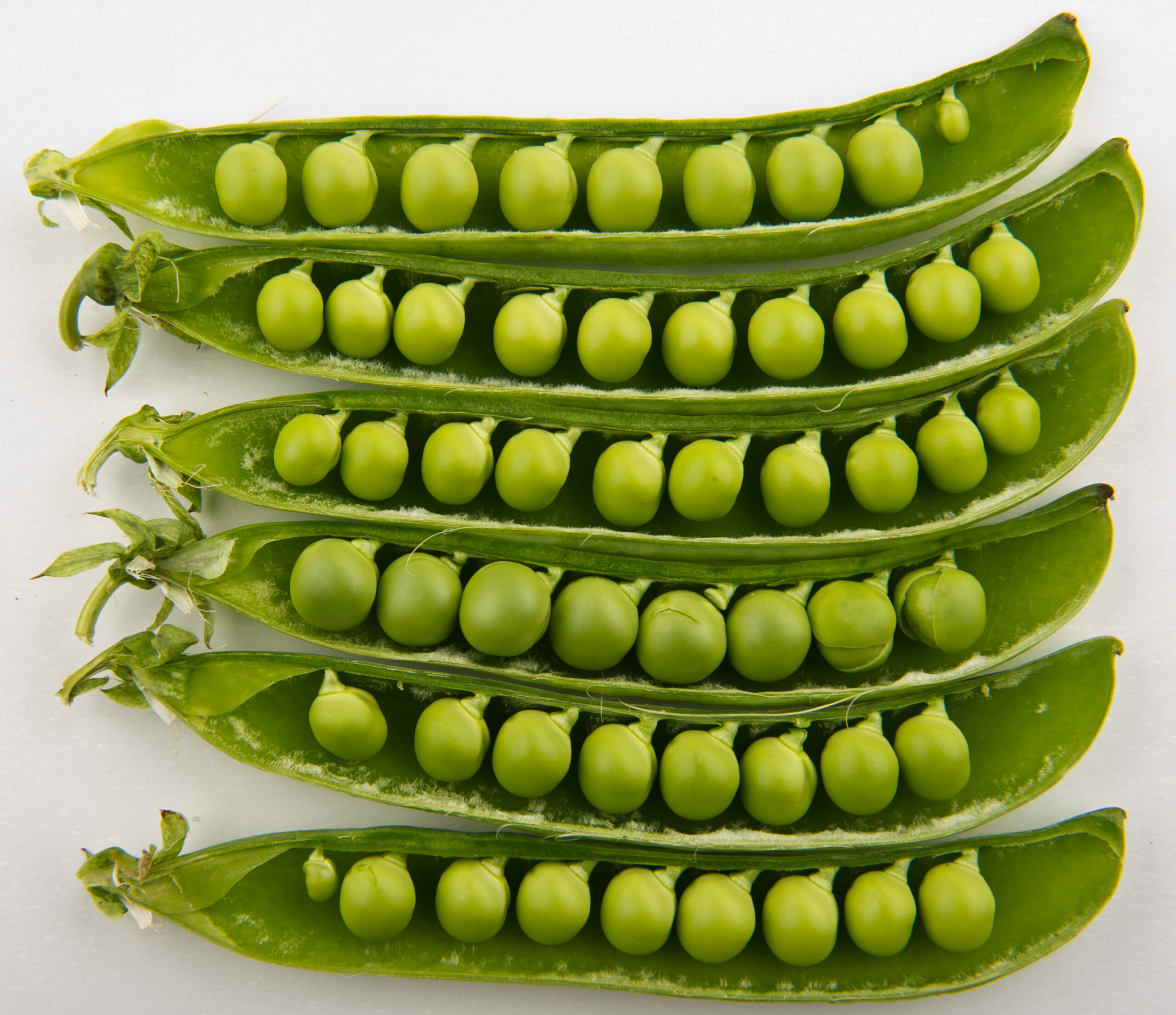Health Benefits of Peas
What are the health benefits of peas?
Peas are a nutritious vegetable that offer several health benefits:
- Rich in Nutrients: Peas are low in calories and high in nutrients, including fiber, protein, vitamins (such as vitamin K, vitamin C, and several B vitamins), and minerals (such as iron, magnesium, and potassium).
- Heart Health: The fiber, potassium, and antioxidants in peas can help support heart health by lowering cholesterol levels, reducing blood pressure, and decreasing the risk of heart disease.
- Blood Sugar Control: Peas have a low glycemic index, which means they cause a slower rise in blood sugar levels. This can be beneficial for blood sugar control, especially for people with diabetes.
- Digestive Health: The fiber in peas can help promote healthy digestion, prevent constipation, and support a healthy gut microbiome.
- Weight Management: The fiber and protein in peas can help you feel full and satisfied, which may aid in weight management by reducing overall calorie intake.
- Bone Health: Peas are a good source of vitamin K, which is important for bone health and may reduce the risk of osteoporosis.
- Anti-Inflammatory Properties: Some studies suggest that the antioxidants and other compounds in peas may have anti-inflammatory effects, which could help reduce inflammation in the body.
- Eye Health: Peas are a good source of lutein and zeaxanthin, antioxidants that are important for eye health and may reduce the risk of age-related macular degeneration.
Overall, peas are a nutritious vegetable that can be a healthy addition to your diet. They can be enjoyed fresh or cooked and used in a variety of dishes, such as soups, salads, and side dishes, to add flavor and nutritional value.
What are the health risks of peas?
Peas are generally safe for most people when consumed as part of a balanced diet. However, there are a few potential health risks associated with peas:
- Allergic Reactions: Some individuals may be allergic to peas, especially those with legume allergies. Allergic reactions can range from mild symptoms such as itching and hives to severe reactions such as anaphylaxis.
- Flatulence: Peas, like other legumes, contain oligosaccharides, a type of carbohydrate that can cause gas and bloating in some people. Soaking dried peas before cooking and gradually increasing your intake can help reduce this effect.
- Gout: Peas are moderately high in purines, which are substances that can be broken down into uric acid in the body. Consuming large amounts of purine-rich foods may increase the risk of gout in susceptible individuals.
- Antinutrients: Like other legumes, peas contain antinutrients such as phytates and lectins, which can interfere with the absorption of minerals like iron and zinc. However, these antinutrients are mostly neutralized by soaking, cooking, and processing.
- Pesticide Residue: Peas, especially non-organic varieties, may contain pesticide residue. Washing peas thoroughly before cooking and choosing organic options can help reduce pesticide exposure.
Overall, the health benefits of peas outweigh the potential risks for most people. However, individuals with allergies, digestive issues, or concerns about pesticide exposure should consume peas with caution and consult with a healthcare professional if they have any concerns.




